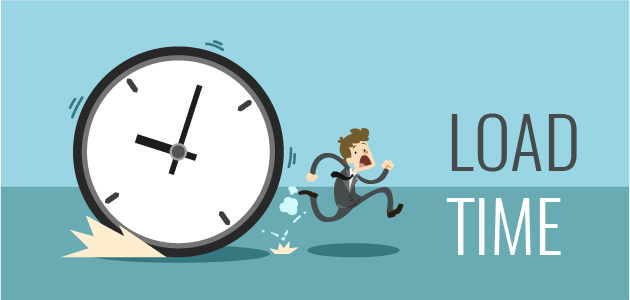153|147|7||1672932097|7|1673027063|0|
There are several things you can do to create a fast loading website:
1. Optimize your images: Large images can significantly slow down your website. Use image optimization tools to reduce the size of your images without sacrificing quality.
2. Minify your HTML, CSS, and JavaScript: Removing unnecessary characters and whitespace from your HTML, CSS, and JavaScript files can reduce the size of these files and speed up your website.
3. Enable compression: Enabling Gzip compression can reduce the size of your website's files, resulting in faster download times.
4. Use a content delivery network (CDN): A CDN is a network of servers that deliver your website's content to users based on their geographic location. This can reduce the distance that data needs to travel and improve the loading speed of your website.
Enable caching: Enabling caching allows your website's content to be stored locally on the user's device, so that it does not need to be downloaded each time the user visits the website.
5. Optimize your website's code: Make sure your website's code is clean and well-organized. This can help improve the loading speed of your website.
By following these tips, you can significantly improve the loading speed of your website and provide a better user experience for your visitors.
Here are six guidelines for creating a fast-loading website:
6. Optimize your images: Large, unoptimized images can significantly slow down your website. To optimize your images, you should reduce their file size as much as possible without sacrificing quality. You can use tools like Photoshop or online tools like Kraken.io to compress your images.
6. Use a content delivery network (CDN): A CDN is a network of servers that are distributed around the world. By using a CDN, you can reduce the distance that data has to travel between your server and your users, which can help to improve the loading speed of your website.
7. Enable compression: Enabling compression can reduce the size of your website's files, which can help to speed up the loading time. You can use tools like Gzip to compress your HTML, CSS, and JavaScript files.
8. Minimize the use of external resources: External resources such as third-party scripts and fonts can add significant loading time to your website. To minimize the use of external resources, you should only include the ones that are absolutely necessary for your website to function.
9. Use a fast web hosting provider: The speed of your website is also affected by the performance of your web hosting provider. To ensure that your website loads quickly, you should choose a reputable and fast web hosting provider.
10. Enable browser caching: Browser caching allows your website's files to be stored in the user's browser, so they don't have to be re-downloaded every time the user visits your website.
To enable browser caching, you can add expiration dates to your website's static resources, such as images and CSS files.
By following these guidelines, you can help to ensure that your website loads quickly and provides a good user experience for your visitors.